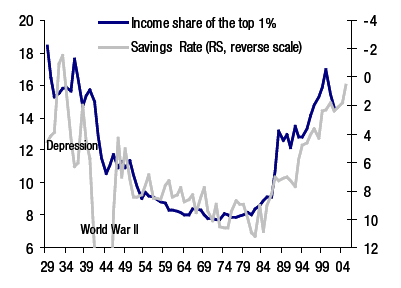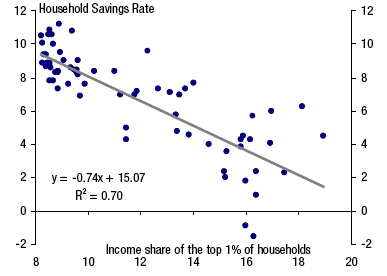Being a Pirate, I tend to pay attention to issues about privacy and transparency an awful lot. It is easy to oppose our increasing government surveillance state when the NSA is hoovering up our emails, Facebook posts and web searches. We expect that those communications are private.
Likewise, we celebrate when someone whips out her mobile phone and records the police working in public spaces or her house, especially if the police decide to show her their nightsticks or tasers. Those are spaces that are public or that an individual on the receiving end of police attention controls.
When a friend on Facebook asked her friends to share a screen shot of a Facebook conversation between a married woman and a single man that consisted of her hitting on him and his response saying that she should be ashamed for cheating on her husband and he was going to publicize their conversation my response was immediate: I would not share it as:
- I had no way of knowing this conversation really happened, and wasn't fabricated to make her look bad;
- and even if the conversation was real, should either she or her husband do something criminal or harmful as a result, I would feel responsible and I don't need that on my conscience.
But even those reasons were not needed since the conversation was clearly private and everyone should be entitled to personal privacy, even people who cheat on their spouses.
This image brought to mind a similar story I came across recently. A man hit on a woman on a flight. The woman tweeted about the encounter, and her followers dug up who he was and most importantly who he was married to.
Clearly he is a cad and a liar, if her story is to be believed, and I can understand her being annoyed that he wouldn't take no for answer. She was in a public place and had every right to tweet about a public conversation. That she crowd-sourced his id and background is quite within her right to do. Everything in a public space is pubic. Now.
Ten years ago it would have been difficult to crowd-source his id and publicize his actions. As a result, such a conversation wouldn't seem public. This change in our attitudes and capabilities both excites and terrifies me.
That it excites me isn't hard to understand, just look at what the Yes Men do. Imagine anyone going up to a CEO or wealthy individual in a public place, misrepresenting themselves and getting said individual to speak far too candidly. One need only recall the reporter who punked Gov. Walker by pretending he was one of the wealthy Koch brothers calling to praise Walker to see how that could go.
Two things terrify me. By recording what you do in public, through your phones or future smartglasses, you are recording what others do and when you share that information, it is there for anyone to sift through, and use to publicize our actions. While it could be used to go after the BPs of the world, and I certainly applaud that use, it can also be used to shame or penalize people for legal behavior.
What terrifies more, though, is that the government will sift through and use such crowd-sourced data to target people it deems a threat without oversight. After all the data is public. It isn't inconceivable for the government to fund a smartphone game that gets people to record events or people at certain places and times and share the recordings publicly. Face recognition technology as well as the quality of cameras, devices and mobile networks is certainly getting better. No doubt the analysis could be crowd-sourced as well.
If the government's use of such technologies isn't checked, in ten years the government won't need a 1984-style surveillance network. We'll carry it around for them.


